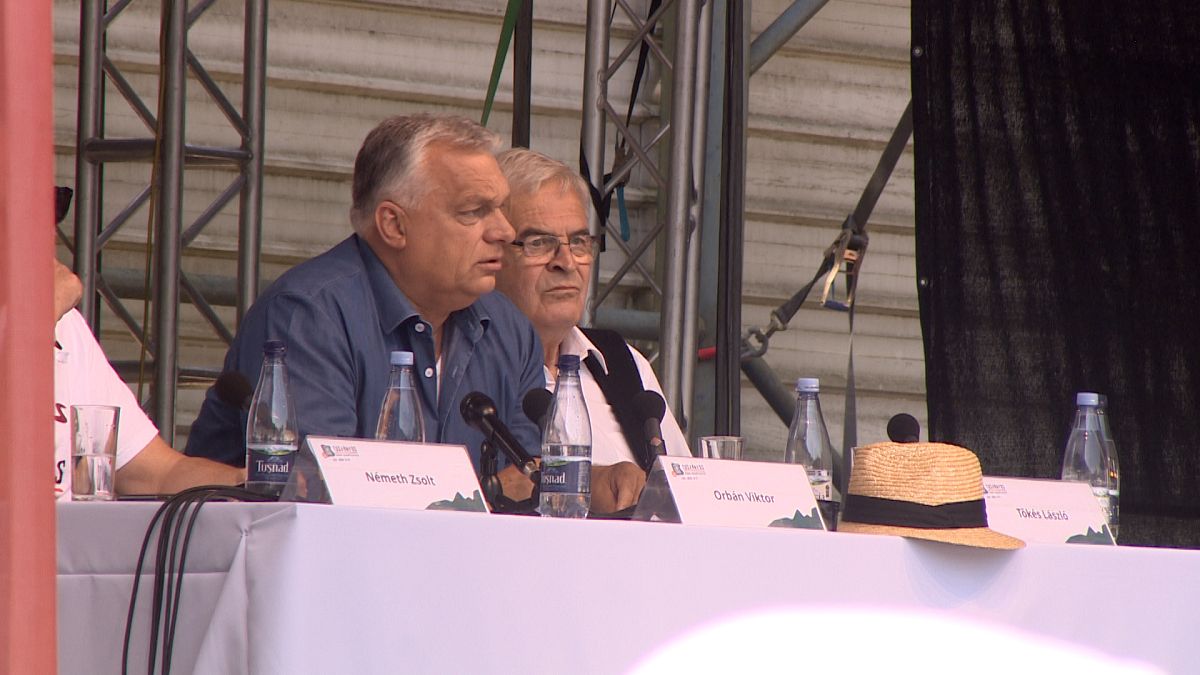

The intricate interplay of political and economic decisions continues to shape the narrative across Europe and beyond, as evidenced by recent developments that underscore the importance of diplomacy and cooperation. As leaders navigate these challenging waters, the focus remains on fostering stability and mutual understanding.
In Hungary, Prime Minister Viktor Orban has pledged to veto the European Union budget should unresolved issues around frozen EU funds persist. This move highlights the ongoing tensions between Brussels and Budapest, which have been particularly pronounced amidst differing stances on international events, including Russia’s actions in Ukraine. The stalemate is emblematic of the broader challenges facing the EU as it attempts to harmonize diverse national interests within its financial framework.
Meanwhile, discussions on the EU’s budgetary allocations remain at the forefront, with initiatives to potentially increase taxes on specific consumer goods such as tobacco and alcohol. This proposal is a part of a more extensive deliberation process examining the economic models of industries like fast fashion, which are under scrutiny for their environmental and ethical implications. The dialogue reflects a concerted effort to align fiscal policies with broader socio-economic objectives, ensuring that funding priorities align with the EU’s vision for the future.
Across the Atlantic, the political landscape within the United States is also experiencing shifts, as illustrated by a recent poll indicating a dip in approval ratings for the Democratic Party, now standing at just 33 percent. This development comes at a time when the Trump administration is making strides toward unlocking substantial federal funding for education—a sector traditionally enjoying bipartisan favor. The release of these funds is seen as a move towards strengthening educational systems nationwide, striving to bridge gaps and promote equal opportunities for learners across the country.
In a related diplomatic endeavor, high-ranking delegates from the EU and the United States convened in Scotland to address potential tariffs that could spark a new chapter in trade tensions. European Commission President Ursula von der Leyen and EU Trade Commissioner Maroš Šefčovič are leading talks alongside U.S. representatives, including Howard Lutnick. These discussions are a testament to the delicate balance of international relations, where cooperation is crucial to averting conflicts that could hinder economic growth.
As these diverse yet interconnected stories unfold, they echo a recurring theme: the necessity for strategic cooperation and dialogue in navigating the complex terrain of global political economy. Whether in pursuing equitable budget policies within the EU or ensuring fair trade practices with international partners, the focus remains on achieving long-term stability and progress. In doing so, stakeholders are not only responding to immediate challenges but also laying the groundwork for a more resilient and integrated global community.
Source: {link}
